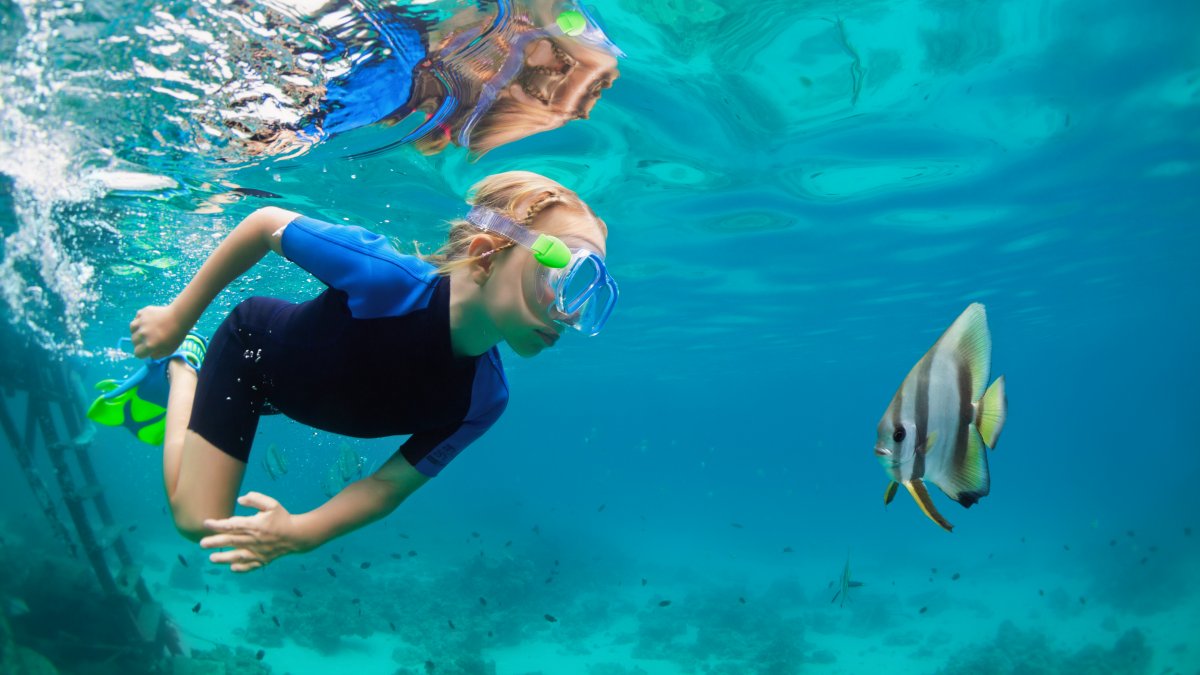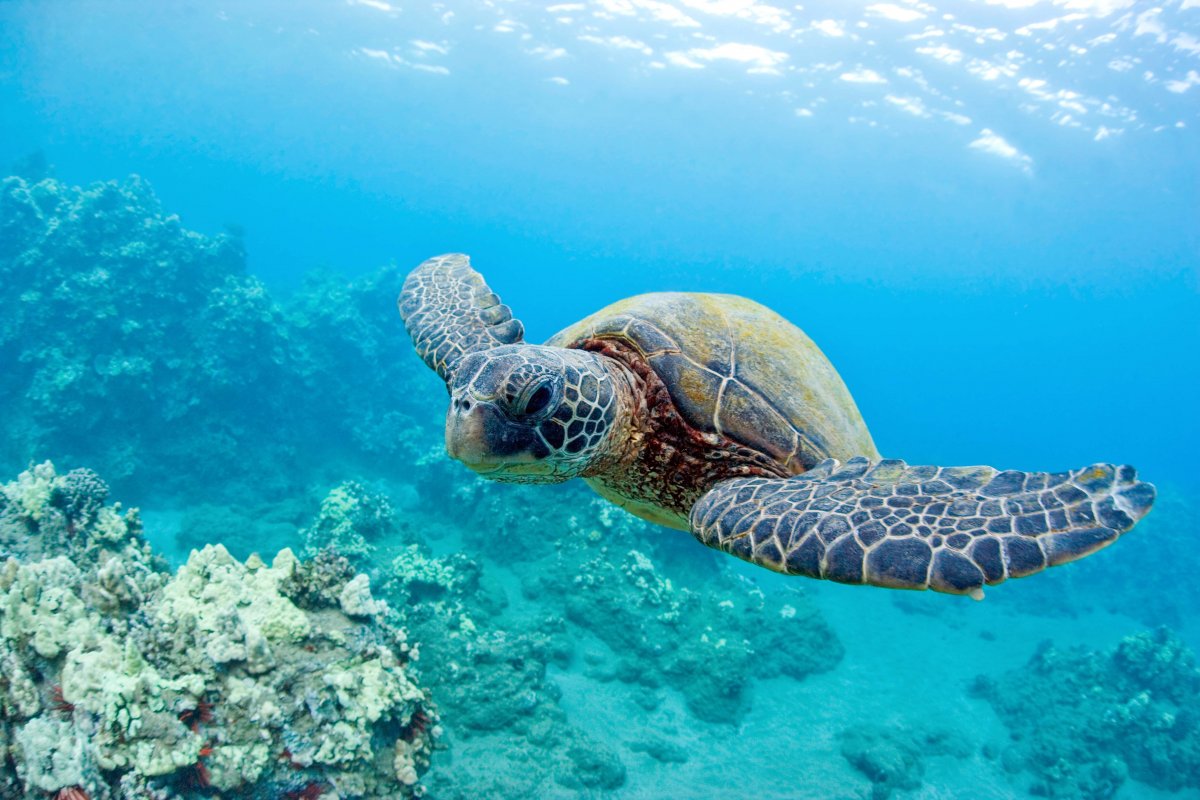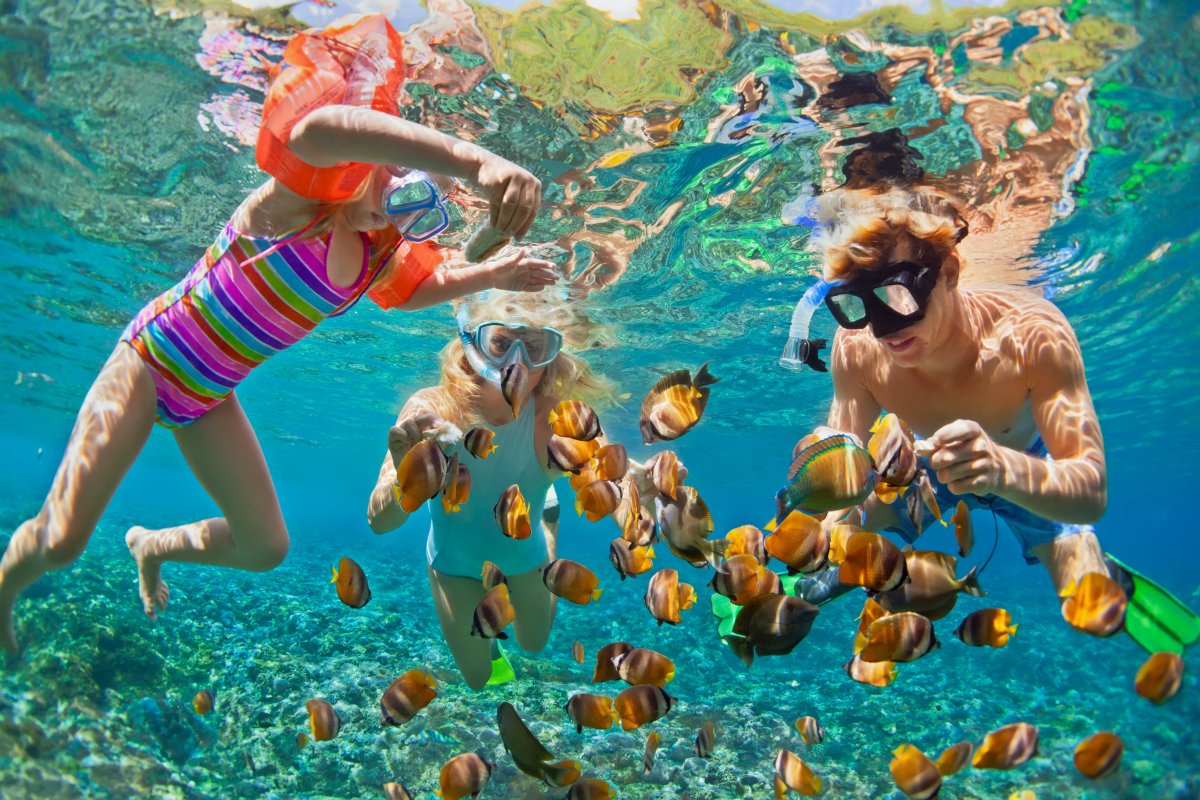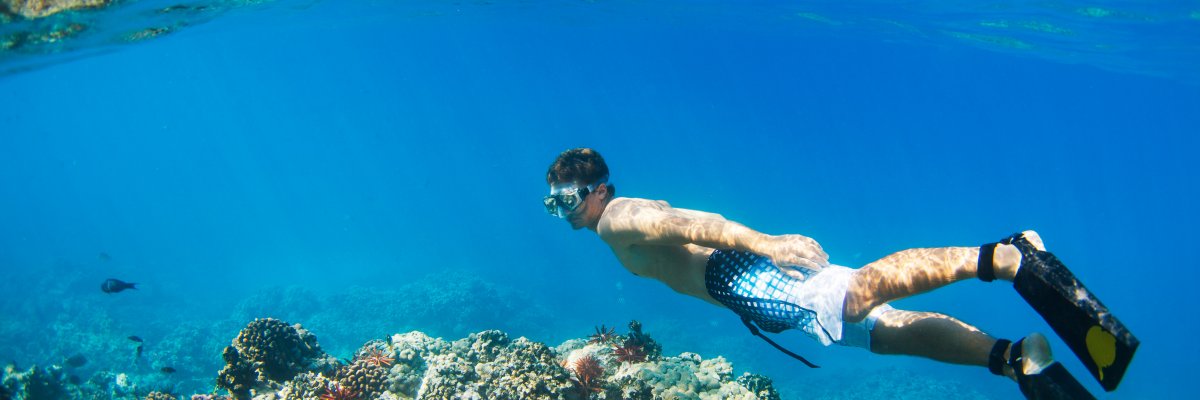A Guide to Snorkeling - Do's and Dont's
Snorkeling is one of the most popular activities in Hawaii. Whether you're right on the beach in Ka'anapali or Wailiki or on an excursion that involves exploring deeper parts of the ocean through snorkeling or scuba diving, there are rules that you should follow.
Snorkeling allows visitors to experience the rich diversity of the island's underwater ecosystems. However, uniformed or careless ocean enthusiasts can damage ancient coral reefs in minutes.
Snorkelers must understand and follow Hawaii's snorkeling protocols and best practices to ensure safety, protect the marine environment, and minimize their impact on the delicate ecosystem.
Whether you're a newbie or a skilled snorkeler, this guide will help you maximize your Hawaii snorkeling adventure while participating responsibly and mindfully in ecotourism. So now, let's go beneath the surface.

What Are Corals & Why to Avoid Them
Corals are delicate creatures.
According to NOAA, "...Coral make up some of the most diverse ecosystems in the world. Thousands of species rely on corals and the reefs they form for survival. Millions of people all over the world also depend on coral reefs for food, protection, and jobs."
They are precious resources, not just for the marine life they contain but also for their incredible beauty, and they are beloved by casual observers and scientists alike.
Coral reefs are also fragile ecosystems that are easily damaged by human activity. Even small disturbances can have significant and long-lasting impacts on the ecosystem. This is why you want to view and not touch, much like a museum housing precious works of art.
Therefore, avoid touching or standing on the fragile coral reef during snorkeling excursions. This means being aware of your body position and movements in the water and avoiding contact with the coral or other marine life.
By respecting the delicate balance of the marine environment and taking steps to protect it, snorkelers can help to ensure the long-term health and sustainability of the coral reef ecosystem.
Don't Take Souvenirs
Please be careful not to touch or even collect starfish, corals, shells, and rocks, as this can upset the balance of the ecosystem. It is an essential aspect of proper reef snorkeling etiquette—not to mention that some of these items may be quite poisonous to humans.
Furthermore, many species of marine life, including shells and rocks, are protected by law, and removing them can result in fines and penalties.
Discovering the beauty of Hawaii's ocean secrets is an unforgettable experience, but it's essential to do it responsibly. Please educate yourself on the marine life and ecosystem of the area you are snorkeling in to better understand how to protect it.
Remember to respect the environment and keep a safe distance from marine life. It's equally important to teach children how to treat the ocean respectfully from a young age so they can become responsible stewards of the natural world.

Avoid All Types of Pollutants.
Have you heard about Hawaii banning sunscreens inside the state? Yes, that is true, but they only banned sunscreens that are harmful to the environment.
Chemicals like oxybenzone, avobenzone, and octinoxate are strictly prohibited. Instead, use reef-friendly mineral sunscreens that contain titanium dioxide or zinc oxide. You could be fined if you do not adhere to this protocol, so the choice is easy!
Also, don't bring litter, wear cosmetics, or reef-hazardous sunscreens.
Emptying your pockets before diving is a must. If you need to carry cash or any valuables with you, it is advisable to use a waterproof snorkel bag or case.
The Maui County Mineral Only Sunscreen information page contains more information on the sunscreen ban and why it's important to please kokua or "pitch in" to help ensure Maui stays beautiful above and below water. Also, read about Hawaii reef conservation tips with your group before you arrive in the Islands.
Follow designated snorkeling routes.
Avoid swimming in areas where snorkeling is prohibited. Snorkeling routes are designated to ensure snorkelers' safety and protect marine life and coral reefs. These routes are often marked with buoys or signs, and they may lead to areas with the most vibrant marine life, underwater caves, or shipwrecks.
Additionally, following the marked routes ensures that snorkelers stay in safe areas where the water is not too deep or rough, minimizing the risk of accidents or injury.
Follow Designated Snorkeling Routes
Avoid swimming in areas where snorkeling is prohibited. Snorkeling routes are designated to ensure snorkelers' safety and protect marine life and coral reefs. These routes are often marked with buoys or signs, and they may lead to areas with the most vibrant marine life, underwater caves, or shipwrecks.
Additionally, following the marked routes ensures that snorkelers stay in safe areas where the water is not too deep or rough, minimizing the risk of accidents or injury.
Choose tour guides who prioritize sustainability and promote environmentally responsible practices.
Look for tour guides who have a published commitment to sustainability. A responsible and ethical tour guide will prioritize the protection of the marine ecosystem and promote sustainable practices that preserve the environment for future generations.
By choosing a tour guide who promotes sustainability, snorkelers can enjoy a responsible and ethical snorkeling experience that not only protects the marine environment but also supports local conservation efforts.

With these simple steps, we can all do our part to preserve the natural beauty of Hawaii's underwater world for generations to come. Happy snorkeling!



